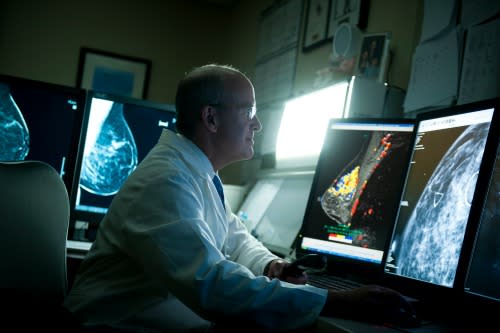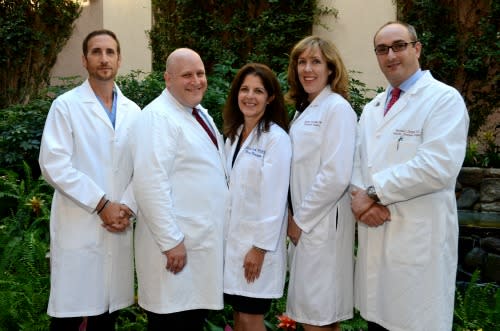Colon cancer in young adults and the rise of early-onset colorectal cancer
Published: March 30, 2022l
By Shannon J. Morales, MD
Some people may think of colorectal cancer as an old person's disease. They would be completely wrong: Colorectal cancer rates have been increasing in people under 50 since the 1990s. In 2020, the American Cancer Society estimated that 12% of colorectal cancer cases will be diagnosed in people under 50.
A national spotlight was put on the condition in August 2020 when actor Chadwick Boseman died at age 43 from stage 3 colon cancer.
While the statistics may be scary, there are many things you can do to lower your risk of developing colorectal cancer at any age.
Last year, the United States Preventive Services Task Force lowered the age for people at average risk to begin colorectal cancer screenings at 45 years old. This can be done with a stool-based test (needs to be done every one to three years depending on the type of test) or a colonoscopy, a visual exam that looks at the colon and rectum (needs to be done every 10 years).
People who have other risk factors like inflammatory bowel disease or hereditary syndromes (like Lynch syndrome), should discuss what age to begin screening with their doctor.
The best type of screening is one that someone will actually do, so if you are more comfortable with an at-home stool-based test, that's great, but please understand if a stool-based test is positive, it will result in a follow-up colonoscopy. If the stool-based test is clear, it will need to be repeated every one to three years.
The benefit of screening with colonoscopy is that it not only can identify lesions in the colon (such as cancers or precancerous polyps), it can also help to prevent future colon cancers through the removal of pre-cancerous polyps before they have a chance to turn into a cancer.
Colorectal cancer is the second leading cause of cancer deaths in the U.S., and an average risk individual has more than a 4% chance of developing colorectal cancer in their lifetime. Regular screenings can help to prevent colorectal cancer – or find it at an earlier stage when it's easier to treat. When found early, the five-year survival rate for colorectal cancer is 91%.
Some people may think of colorectal cancer as an old person's disease. They would be completely wrong: Colorectal cancer rates have been increasing in people under 50 since the 1990s. In 2020, the American Cancer Society estimated that 12% of colorectal cancer cases will be diagnosed in people under 50.
A national spotlight was put on the condition in August 2020 when actor Chadwick Boseman died at age 43 from stage 3 colon cancer.
While the statistics may be scary, there are many things you can do to lower your risk of developing colorectal cancer at any age.
Know your family history.
In all aspects of medicine it's very helpful to know your family history. With colon cancer, there is a huge genetic component and knowing your family history would help to inform what age you should begin screening.Last year, the United States Preventive Services Task Force lowered the age for people at average risk to begin colorectal cancer screenings at 45 years old. This can be done with a stool-based test (needs to be done every one to three years depending on the type of test) or a colonoscopy, a visual exam that looks at the colon and rectum (needs to be done every 10 years).
Who should be screened for colorectal cancer earlier than 45?
People with a family history of cancer should speak to their physician about being screened earlier. If you have a first-degree relative with a history of colorectal cancer, we would recommend starting screening 10 years before the age they were diagnosed. For example, if a family member was diagnosed at 45, that would mean you may want to consider screening at 35. At the latest, those with a family history of colon cancer should start screening at age 40.People who have other risk factors like inflammatory bowel disease or hereditary syndromes (like Lynch syndrome), should discuss what age to begin screening with their doctor.
What are colon cancer symptoms in young adults?
A lot of the symptoms of colorectal cancers can be vague – like stomach pain or cramping. It's important to be aware of what to look out for, and consult a doctor if you notice any of these symptoms:- Change in bowel habits (like diarrhea, constipation, narrowing of stools) that is persistent.
- Rectal bleeding.
- Anemia (low red blood cell counts).
- Cramping or abdominal pain.
- Weakness or fatigue.
- Unintentional weight loss.
What can young people do to prevent and screen for colorectal cancer?
For those without added risk factors, plan to have your first colonoscopy at age 45. It is especially easy to schedule at Stamford Health – you do not need a referral. You can call, speak with a nurse, and schedule your appointment usually within one or two weeks through our Open Access program (call 203.276.8490).The best type of screening is one that someone will actually do, so if you are more comfortable with an at-home stool-based test, that's great, but please understand if a stool-based test is positive, it will result in a follow-up colonoscopy. If the stool-based test is clear, it will need to be repeated every one to three years.
The benefit of screening with colonoscopy is that it not only can identify lesions in the colon (such as cancers or precancerous polyps), it can also help to prevent future colon cancers through the removal of pre-cancerous polyps before they have a chance to turn into a cancer.
Colorectal cancer is the second leading cause of cancer deaths in the U.S., and an average risk individual has more than a 4% chance of developing colorectal cancer in their lifetime. Regular screenings can help to prevent colorectal cancer – or find it at an earlier stage when it's easier to treat. When found early, the five-year survival rate for colorectal cancer is 91%.
About the Author
Shannon J. Morales, MD is a gastroenterologist at Stamford Health.Featured Expert/ Author




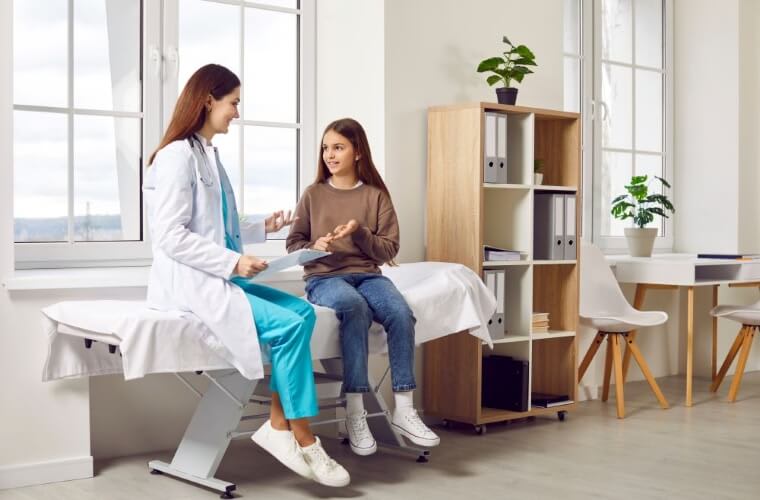

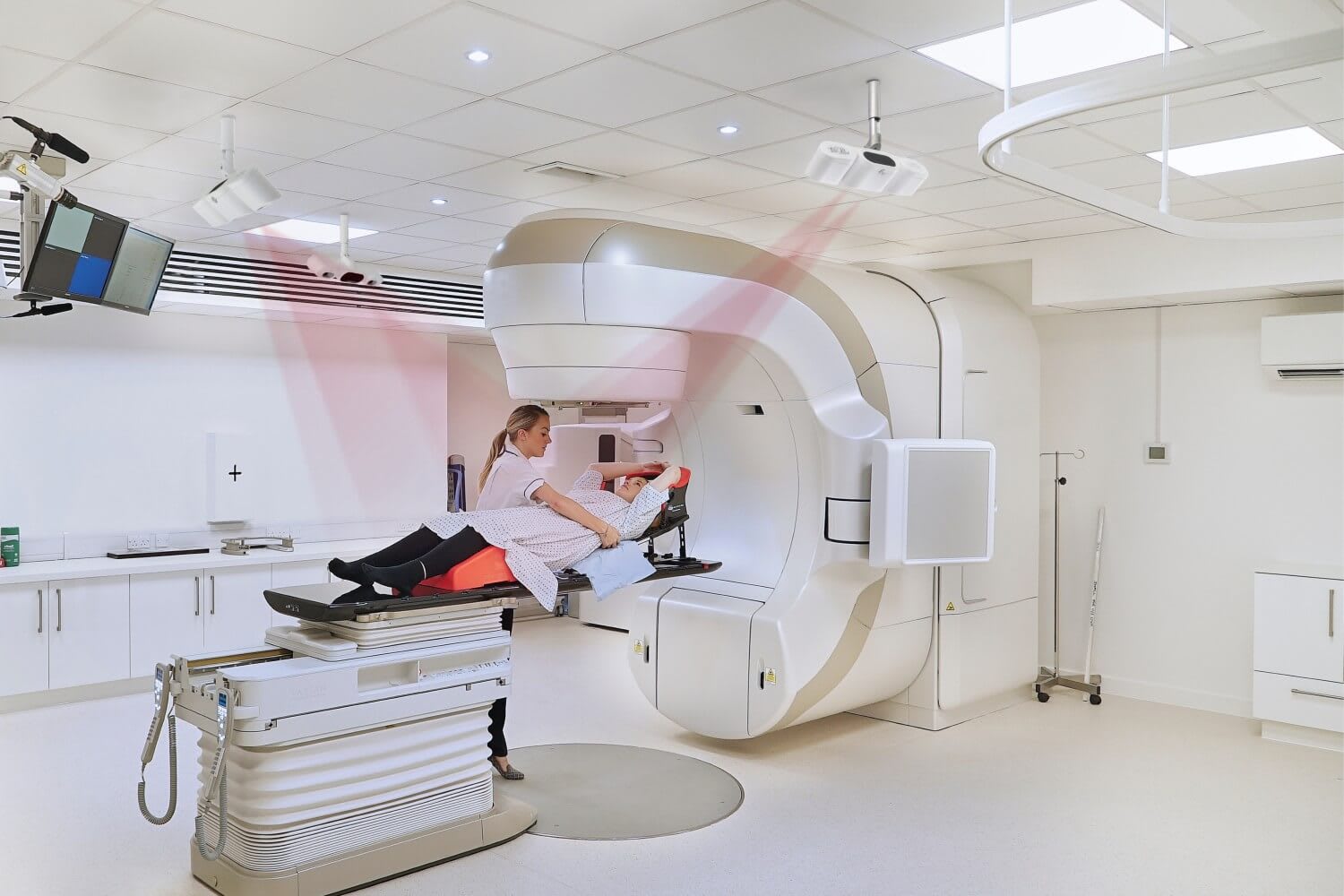
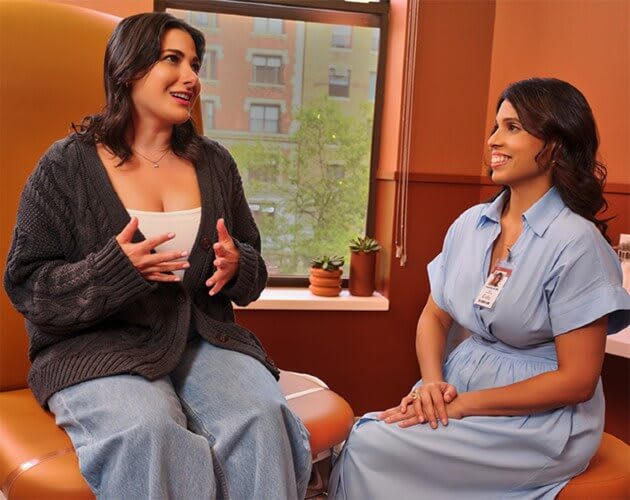

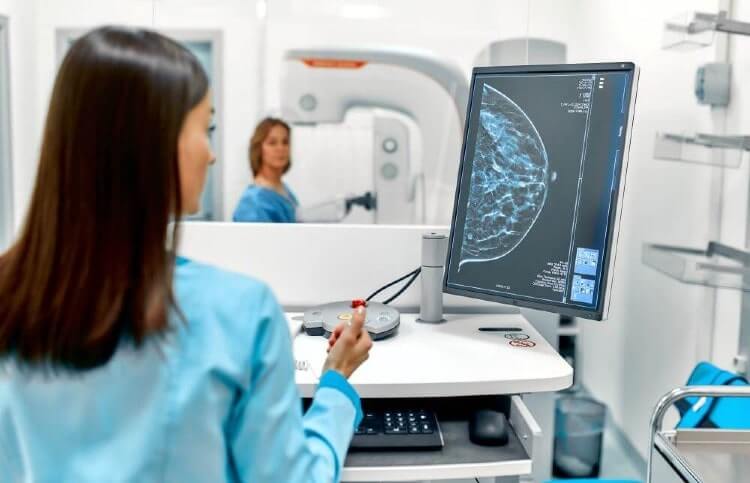












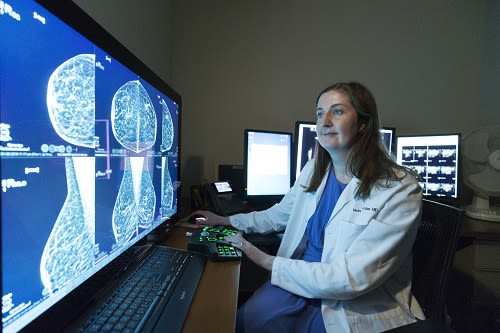
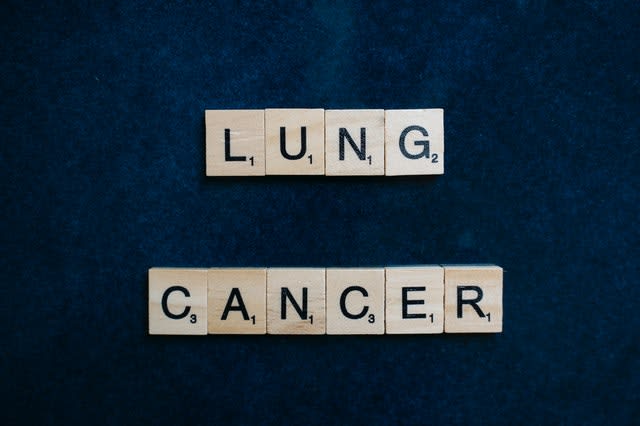


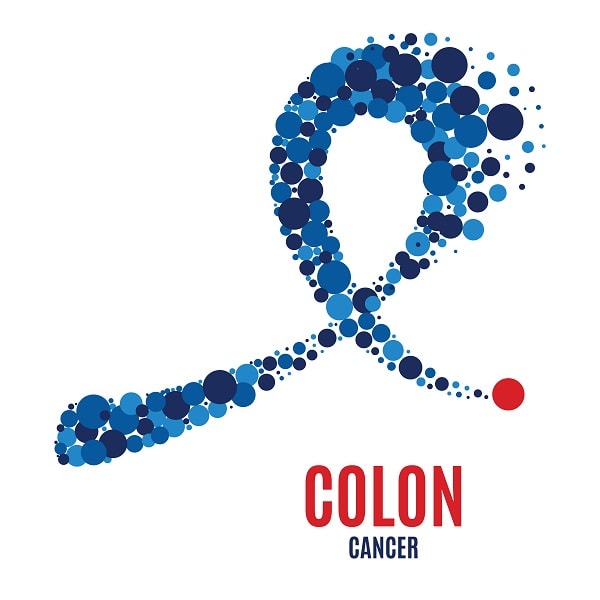

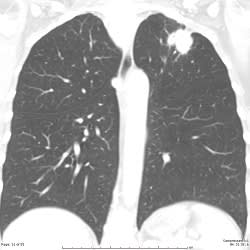





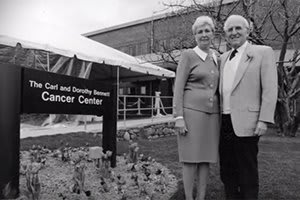







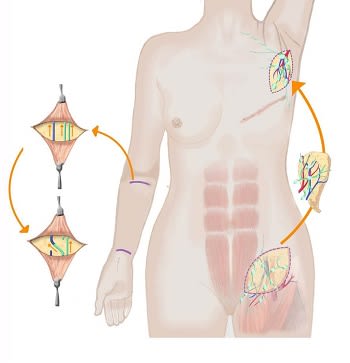




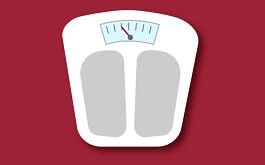
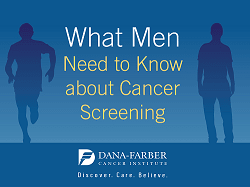
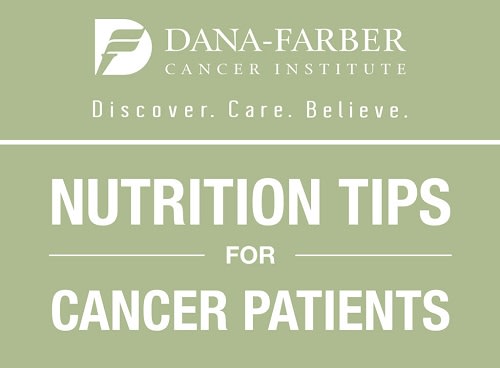











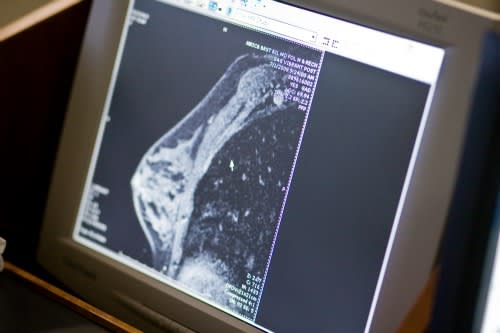

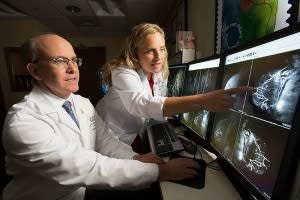


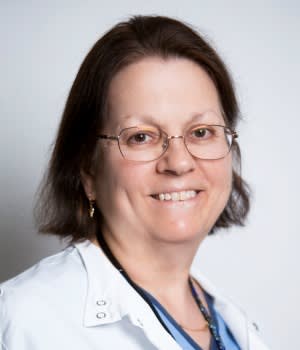



)


)
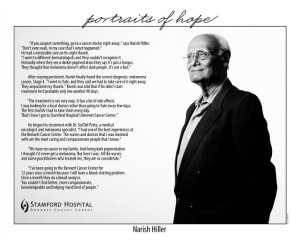
)
)
